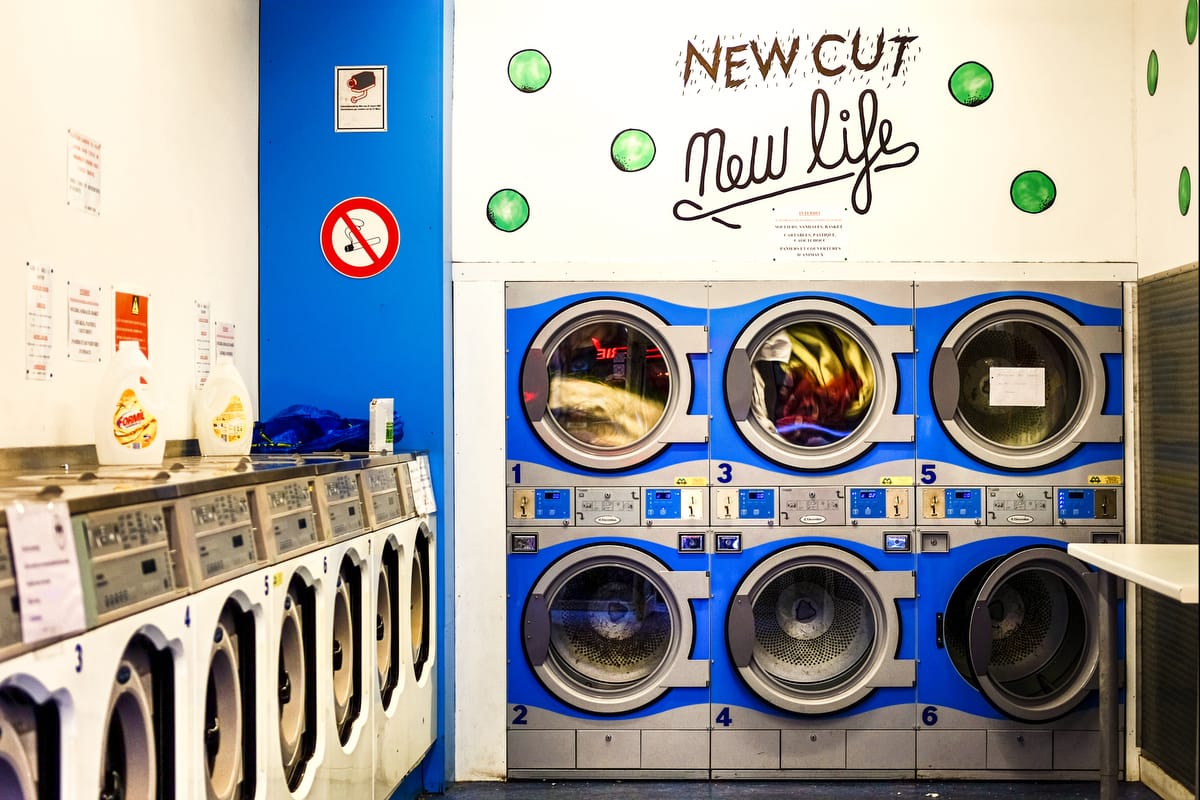A clean Brussels
We resolutely choose a different vision and approach.


Our vision: a clean Brussels is a pleasant Brussels
In our programme, we are putting forward a resolutely different vision and approach to our cleanliness policy. We do not need yet another study, but concrete, bold steps. We support a policy with the necessary sense of urgency, which is strict but also socially inclusive, and is inspired by successful foreign examples.
We therefore resolutely intend to follow success examples from abroad and switch to an alternative system of underground containers where people can dispose of their waste anytime. In other big cities, they have existed for a long time. Just look at Antwerp, Amsterdam, Barcelona, Lisbon, ...The advantages are obvious: people decide for themselves when to dispose of their rubbish, no more rubbish bags on the streets attracting vermin, no more obstacles on footpaths and cycle paths, fewer rubbish trucks on the road and no smelly streets buried under rubbish bags.
-
- We progressively roll out a system of underground waste streets at neighbourhood and district level.
- In the roll-out, we make containers for food waste a priority given their odour nuisance and attraction for indoor pests.
- Eventually, there will be containers for residual waste, paper and cardboard, PMD, vegetable, fruit and garden waste, and glass.
- These containers will be available 24/7. People will no longer need to consult complicated brochures on sorting instructions, collection hours and hours for putting things outside.
- Sensors indicate when a container is full. The frequency of rubbish collection is tailored to the needs of the neighbourhood concerned, as is the concentration of containers.
- Collection in commercial areas or school districts can take place at night or outside peak hours.
We are stepping up the fight against fly-tipping, street littering and urinating in public. We pursue a clear prevention policy, but also ensure stricter penalties.
- We are stepping up the fight against fly-tipping, street littering and urinating in public. We pursue a clear prevention policy, but also ensure stricter penalties.
- We verhogen de GAS-boetes voor recidive en voeren taakstraffen in voor hardnekkige vervuilers.
- We ensure harmonisation of penalties and sanction policies for polluting public roads. They apply to all types of offences: dog faeces, urinating, phlegm or spit, fly-tipping, wrong sorting, etc.
- We increase the probability of being caught by focusing on problem areas and by targeted 'trash actions'. An intervention team collaborates with the neighbourhood police to catch offenders.
- Regional officers from Bruxelles Propreté can issue GAS fines. Control teams are reinforced.
For shops, businesses, events, but also for known problem areas or zones of regional interest (South Station, North Station, Tour & Taxis, ...) we impose the introduction of and compliance with a dedicated Waste and Cleanliness Plan, which bring private and public actors together and so oblige them to achieve feasible and performant solutions.
We will make the new Becopark (which excels in all its sports facilities) the first smoke-free park in Brussels.
Brussels urgently needs more public toilets for both women and men. We focus on busy places, public parks, and playgrounds. In the catering industry, children have the right to go to the toilet free of charge.
The use of nitrous oxide is booming. A national ban on the possession, sale and transportation of nitrous oxide has been put in place. Nevertheless, effective crackdown on use remains a necessity by penalising those who dump nitrous oxide bottles in public places or cause nuisance while under the influence of nitrous oxide.
Surely it makes sense that you can take your rubbish to a container park yourself. But did you know that there are only 5 regional container parks in Brussels? Brussels needs at least 15 regional container parks to fulfil real demand and create an accessibility that effectively reduces fly-tipping. They should be free for everyone, have extensive opening hours and be flexible about deposited volumes. To be able to respond to the needs as soon as possible in the short term, we have already installed temporary container parks in unused lots in the port, on construction sites and in unused industrial sites.
Did you know that the Brussels Region's clean-up services collect more than 30,000 (!) tons of litter every year? Our city is inundated with litter. So, something needs to be done urgently if we want to get Brussels clean. Part of the solution lies in the introduction of a deposit on plastic bottles and cans. Its introduction has been delayed since 2018, while the commitment to implement it in the last legislature was not respected. Deposits must now be introduced as soon as possible. We opt for a system that is as accessible as possible: people should have the possibility to exchange their plastic bottles and cans in shops and machines.